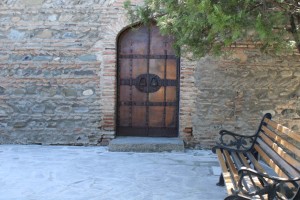What principles define how you live?
Before traveling, empty my cup. Before returning home, empty my cup.
Collect experiences, not geegaws.
Wishing for the world to be some other way is a grand waste of time.
If there is a river flowing toward where I want to be, surrender to it.
See humor everywhere, especially in myself.
Be content with who I am at the moment, while struggling to be a better version in future editions.
Strive to find the non-adversarial path.
Keep looking until I see what is beautiful in all things and creatures.
Don’t attempt to construct anyone else’s list of principles to live by.
Feel the sensations that arise without letting the mind amplify them out of proportion.
Seek only simple pleasures, enjoy them fully, and then move on.



